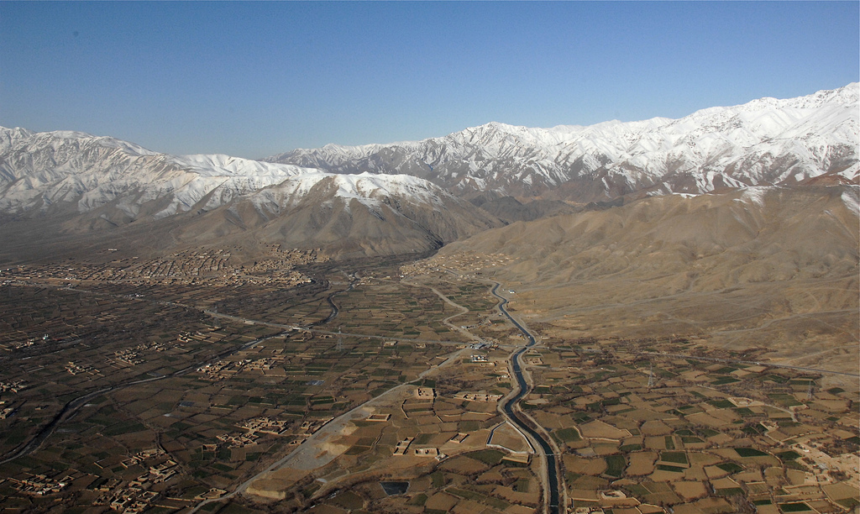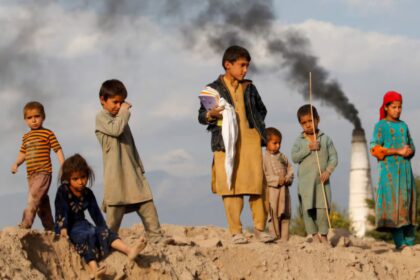RASC News Agency: Local sources in Bagram district, Parwan province, have confirmed that the Taliban are actively compiling lists of individuals who previously collaborated with foreign military forces particularly those stationed at the now-abandoned Bagram Airfield. According to multiple sources, Taliban operatives have distributed official forms to village leaders and local imams, instructing them to identify residents who were employed by NATO forces prior to their withdrawal. These records are being collected and submitted to the Taliban-controlled mayor’s office in Bagram.
Residents speaking to RASC News on Saturday, April 20, stated that the Taliban have communicated with some former Bagram airport employees, suggesting that NATO forces may return and that these individuals might once again be offered employment. This claim has sparked a mix of skepticism and concern among the local population, with many fearing that the Taliban are using the pretext of “future opportunities” to identify and potentially target those previously affiliated with Western forces. Simultaneously, residents in nearby villages have reported increased aerial activity at Bagram Airfield, including the landing and departure of both small and large aircraft in recent days. These movements have fueled speculation among the public, reviving rumors of renewed international military interest in the strategic airbase.
During the height of the international military presence in Afghanistan, Bagram Airfield served as a critical logistical and operational hub. Thousands of local Afghanistani citizens were employed at the base, many of whom were later evacuated to the United States following the withdrawal of coalition forces in 2021. Those who remained, however, now face uncertain and potentially perilous futures under Taliban rule. Recent rumors have suggested that the United States under the new administration of President Donald Trump may consider reestablishing a limited presence in Afghanistan. Trump has repeatedly criticized the original withdrawal and has hinted at possible strategic recalibrations in the region, though no official policy shift has been confirmed.
Human rights observers and former intelligence officers warn that the Taliban’s collection of personal data may not be benign. Instead, it could mark the beginning of a more systematic campaign of surveillance, coercion, or even retribution against those who once aligned themselves with international forces. In the absence of legal safeguards, many former NATO collaborators now live in fear of detention or reprisal. While some residents remain cautiously optimistic about possible economic revival in the region, others warn that history offers little reason to trust the Taliban’s intentions. Without international oversight, they say, any promises of reinstatement or employment risk becoming tools of manipulation rather than genuine pathways to reintegration.






